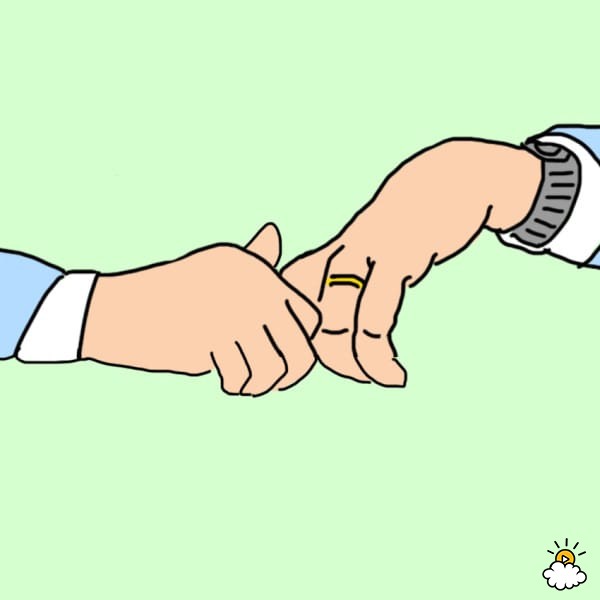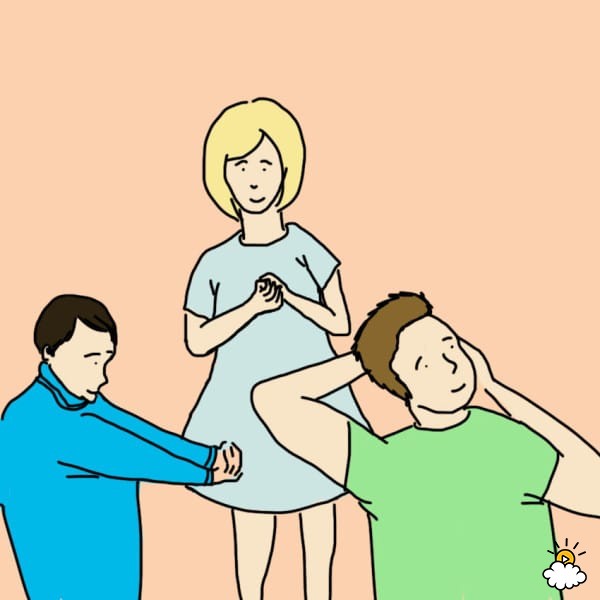It is something that many people do as a habit and they don’t even recognize that they are doing it in most cases. Perhaps they do it to loosen themselves up when they are doing a hobby that uses their hands, such as typing or playing the piano. You may even do it accidentally and wince when you hear the noise!
At some point in our life, all of us have cracked our knuckles and you know what? It feels really good! After you crack your knuckles, your fingers feel looser and they are able to flex much easier. Even though that is the case, many of us wonder if the cracking noise could possibly be good for us.
You also likely heard someone tell you that cracking your knuckles is going to result in arthritis later in life. It makes sense, but is it true?
Here is the truth about cracking your knuckles and why it makes that noise when you do it.
Is Cracking Your Knuckles Harmful?

For those who cracked their knuckles, we have likely heard many times that it is going to cause damage. But what is really taking place when you crack your knuckles and is it dangerous to the joints?
Are My Bones Cracking?

Some people have the impression that cracking your knuckles is actually cracking your bones.
Here is the good news. The cracking has nothing to do with your bones and in fact, your bones have nothing to do with the noise whatsoever.
What Is the Popping Sound?

There is something known as synovial fluid between each of your joints. It is similar in consistency to egg whites. It lubricates the joints and helps them to move freely.
It is also one of the primary reasons why you hear a cracking sound when you crack your knuckles. It may sound like a bone, but it is actually a liquid!
Does It Cause Damage?

At one time, it was thought that cracking your knuckles was releasing gas bubbles from the synovial fluid.
X-ray video was taken of knuckles cracking last year and prove that it is actually a vacuum being formed from within the synovial fluid.
It is because your bones are moving apart from each other that creates a cavity, they are not rubbing together.
Does It Lead to Arthritis?

It is sometimes thought that popping the joints of your fingers will lead to arthritis because it will wear out the cartilage and we can the joints. Although cartilage damage from injury or hard work can lead to arthritis, cracking your knuckles does not cause it.
What about Studies?

According to the Journal of the American Board of Family Medicine, there is no link between cracking your knuckles and arthritis.
The study involved 215 adults between the ages of 50 and 89 who cracked their knuckles for five years.
Osteoarthritis has been found to be a problem with repetitive motion and labor, not with cracking your knuckles.
Is Cracking Your Knuckles Long-Term a Problem?

A doctor by the name of Dr. Donald Unger conducted a rather interesting experiment over the course of 60 years. He cracked the knuckles on his left hand but never cracked them on his right hand. What were the results?
Dr. Unger found that his right hand functioned the same as his left hand as far as strength and flexibility were concerned.
Admittedly, there was not a control group but this personal study is still evidence that cracking your knuckles has nothing to do with arthritis.
Are There Any Problems with Cracking Your Knuckles?

Cracking your knuckles may not cause arthritis but it can cause some problems. For example, it could lead to a decrease in grip strength and if you crack your knuckles vigorously, it could lead to hyperextended ligaments.
The moral of the story is, if you are going to crack your knuckles, don’t do it too often.
Of course, you might also want to avoid cracking your knuckles in social situations because it can be annoying to others.
What about Other Joints?

The good news is, cracking your knuckles does not have any serious side effects. The bad news is, cracking your neck or back could lead to long-term damage if it is not done properly. That is especially true if you have any pre-existing damage that was not known.
So, crack your knuckles with abandon but if you feel the need to crack any other parts of the body, leave it to a professional.
Via: Little Things
Be sure to share this knuckle cracking information with your friends on Facebook.
